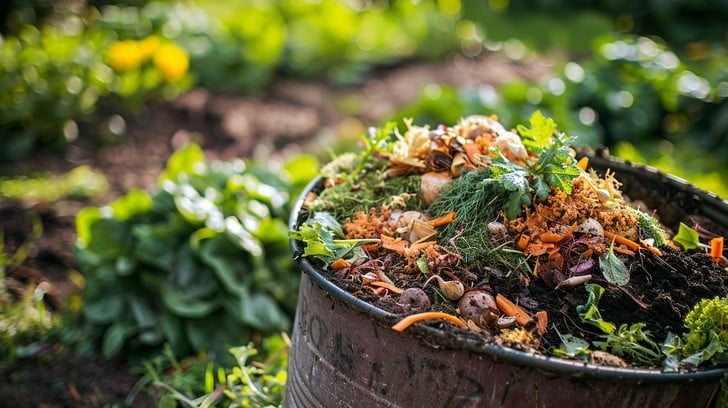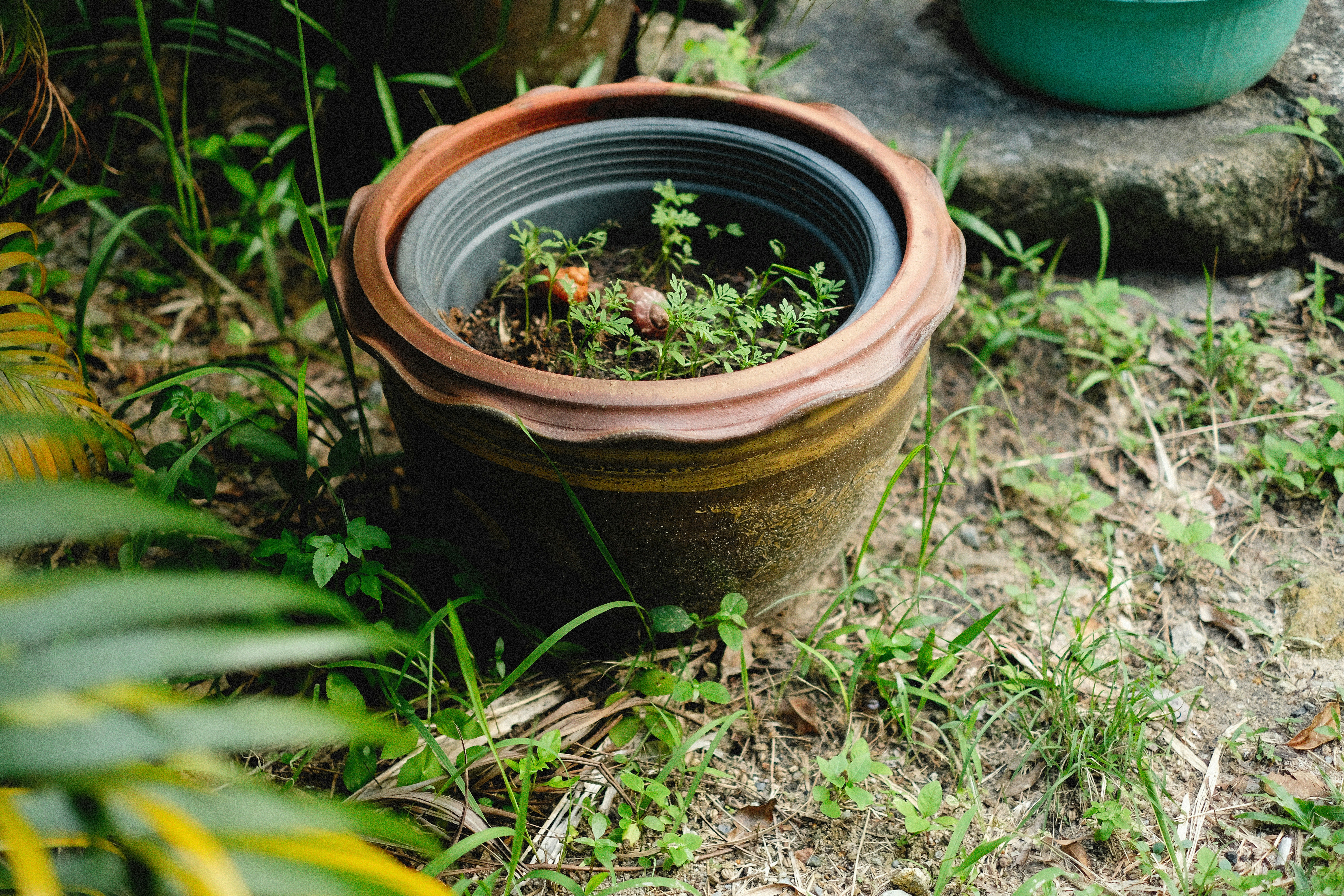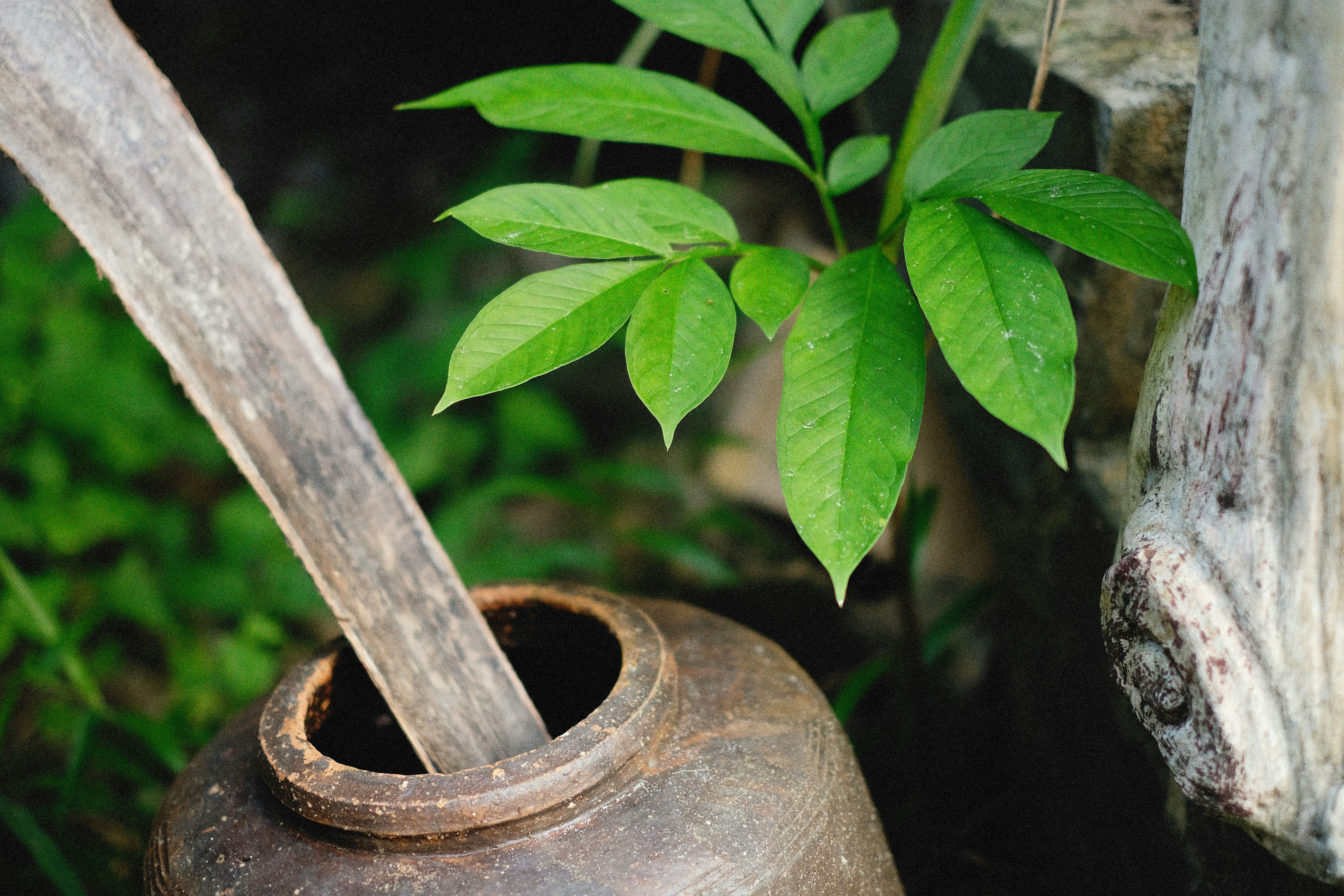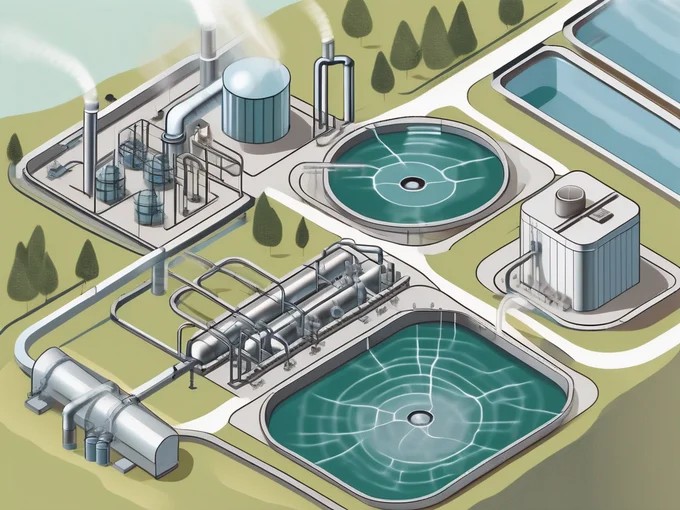
Zero Waste: A Comprehensive Blueprint for a Sustainable Future
The Ultimate Guide to Zero Waste Living: From Principles to Practical Application
In a world grappling with overflowing landfills, plastic-choked oceans, and the ever-present reality of climate change, the concept of “waste” is undergoing a radical re-evaluation. For generations, we have operated on a linear model of consumption: take, make, dispose. This system, however, is fundamentally unsustainable. Enter the Zero Waste movement—a philosophy and design framework that challenges the very notion of trash. Far more than just diligent recycling, Zero Waste is a holistic approach to living that aims to send nothing to the landfill. It’s a call to redesign our systems, rethink our habits, and recognize that what we discard is not waste, but a resource. This comprehensive guide explores the core principles of the Zero Waste lifestyle, its practical applications in every facet of our lives, and its profound impact on our personal well-being, financial health, and the planet. This is not about perfection; it is about a mindful journey towards a more sustainable and intentional existence, a key topic in today’s Lifestyle News.
The Core Philosophy: Redefining Waste as a Resource
At its heart, the Zero Waste movement is a paradigm shift. It reframes waste as a symptom of a flawed, linear system and champions the adoption of a circular economy, where resources are kept in use for as long as possible, extracting the maximum value from them before recovering and regenerating products and materials at the end of each service life. This approach mimics nature’s own regenerative cycles, where there is no such thing as “waste.” To make this grand concept accessible and actionable for individuals, the movement is famously distilled into a simple, hierarchical framework known as the 5 R’s.
The 5 R’s: A Practical Framework for Green Living
This hierarchy provides a clear order of operations, guiding decisions from consumption to disposal. It’s a powerful tool for anyone interested in Sustainable Living and practical Self-Improvement.
1. Refuse: The most powerful and proactive step is to refuse what you do not need. This means saying no to single-use plastics like straws and bags, junk mail, promotional freebies, and unnecessary receipts. This principle aligns perfectly with Minimalism, encouraging a life focused on experiences over possessions and forming the foundation of effective Decluttering and Home Organization.
2. Reduce: The second step involves consciously reducing what you do need. This means assessing your consumption patterns and buying less. Do you really need another fast-fashion t-shirt or the latest gadget? Reducing consumption not only conserves resources but also has a direct, positive impact on your Personal Finance. Embracing this step is one of the most effective Budget Tips for long-term Financial Planning.
3. Reuse: Before you think of recycling or discarding an item, consider how it can be reused. This involves choosing durable, reusable items over their disposable counterparts—think reusable water bottles, coffee cups, and shopping bags. It also means repairing broken items instead of replacing them, a cornerstone of many DIY Projects. Upcycling old furniture into new statement pieces is a perfect example of reuse in Home Improvement and Interior Design.
4. Recycle: Often mistaken as the primary goal of environmentalism, recycling is actually a lower priority in the Zero Waste hierarchy. It should be the last resort for items that cannot be refused, reduced, or reused. It’s crucial to understand your local recycling guidelines to avoid “wish-cycling”—tossing non-recyclable items into the bin, which can contaminate the entire batch. Proper recycling is still a vital part of waste management, but it’s energy-intensive and not a perfect solution.
5. Rot: This final R refers to composting organic matter. Food scraps, yard trimmings, and other organic materials don’t belong in a landfill, where they release methane, a potent greenhouse gas. Composting returns these valuable nutrients to the soil, enriching it for Gardening Tips and Urban Gardening. Whether you have a large backyard compost bin or a small worm bin on your balcony, rotting is nature’s way of recycling.

plant pot made from coconut coir – a plant in a pot
From Concept to Reality: Implementing Zero Waste in Daily Life
Understanding the principles is the first step; integrating them into daily routines is where the transformation happens. A Zero Waste lifestyle isn’t about deprivation but about creative and resourceful living. It touches every corner of your home and life, from the kitchen to your closet.
The Zero Waste Kitchen and Pantry
The kitchen is often the biggest source of household waste. A focus here can yield significant results for both the planet and your Health & Wellness. Effective Meal Planning is the single best strategy to combat food waste. By planning what you’ll eat, you buy only what you need. Shopping at farmers’ markets or using a CSA (Community Supported Agriculture) box allows you to buy package-free produce while supporting local agriculture. For pantry staples, seek out stores with bulk bins where you can fill your own jars and containers. This not only eliminates packaging but also allows you to buy precise quantities. Swapping disposable paper towels for cloth napkins and sponges for compostable brushes are other simple but impactful changes. These habits often lead to exploring new Healthy Recipes and can be a source of positive Nutrition News for your family.
The Sustainable Bathroom and Personal Care
The bathroom is a minefield of single-use plastic. From shampoo bottles to toothpaste tubes, the packaging is endless. However, the market for Eco-Friendly Living alternatives is booming. Consider switching to solid shampoo and conditioner bars, which come package-free or in cardboard. A bamboo toothbrush is a compostable alternative to its plastic counterpart. Safety razors with replaceable steel blades eliminate the need for disposable plastic razors. For Beauty & Skincare, explore brands that offer refills or use glass packaging. Many people also find success with Natural Beauty by creating their own simple products, like sugar scrubs or oil cleansers, giving them full control over the ingredients.
Conscious Consumption: Sustainable Fashion and Home Decor
The principles of Zero Waste extend to what we wear and how we furnish our homes. The “fast fashion” industry encourages a throwaway culture, but a sustainable wardrobe is achievable. This involves embracing Sustainable Fashion by buying secondhand, hosting clothing swaps with friends, learning basic mending skills, and investing in high-quality, timeless pieces that will last for years. Similarly, for Home Decor, instead of buying cheap, trendy items, look for secondhand treasures at thrift stores or antique shops. A little bit of creativity can turn a pre-loved item into the centerpiece of your room, enhancing your Interior Design without the environmental footprint.
Beyond the Bin: The Ripple Effects of a Zero Waste Lifestyle
The impact of adopting a Zero Waste lifestyle extends far beyond reducing your personal trash output. It creates positive ripples that affect your finances, your health, your community, and the broader economic and social landscape.
Economic and Financial Implications

plant pot made from coconut coir – a plant growing out of a pipe
At a personal level, Zero Waste is a powerful tool for Financial Planning. By refusing unnecessary purchases and reducing overall consumption, you naturally save money. Opting for reusables is an upfront investment that pays for itself many times over compared to the endless cycle of buying disposables. On a macro scale, a circular economy creates new economic opportunities. It fosters growth in industries centered around repair, refurbishment, and innovative material science. Keeping an eye on Investment News reveals a growing interest in companies pioneering these green technologies. This shift supports local economies by creating jobs in repair cafes, composting facilities, and secondhand markets, contributing to greater community resilience.
Health, Wellness, and Community
The intentionality required for a Zero Waste lifestyle is a form of Mindfulness. By carefully considering each purchase and action, you cultivate a deeper awareness of your impact and values. This can significantly reduce stress and anxiety associated with consumer culture, contributing positively to your Mental Health. A decluttered physical space, a core tenet of Minimalism, often leads to a decluttered mind and better Sleep Health. Furthermore, this lifestyle encourages healthier choices, such as eating more whole foods to avoid packaging and using Natural Cleaning products to avoid harsh chemicals, which aligns with principles of Holistic Health. It also strengthens community bonds. Participating in Community Living initiatives like tool-sharing libraries, local composting programs, or Volunteering at a city-wide cleanup event fosters connection and collective Social Impact.
Environmental and Social Justice
The most evident benefit is environmental. Reducing consumption conserves finite natural resources, cutting down on the pollution and carbon emissions generated during extraction, manufacturing, and transportation. Diverting waste from landfills mitigates the release of methane and prevents toxic leachate from contaminating soil and groundwater. However, there is also a critical social justice component. Landfills, incinerators, and polluting industries are disproportionately located in low-income communities and communities of color. By reducing the overall volume of waste, the Zero Waste movement helps alleviate this environmental injustice, advocating for a healthier and more equitable world for everyone.
Real-World Hurdles and Best Practices for Success

plant pot made from coconut coir – Khmer New Year សួស្ដីឆ្នាំថ្មី
While the ideals of Zero Waste are inspiring, the journey is not without its challenges. Living in a society built on convenience and disposability requires patience, creativity, and a healthy dose of realism. Acknowledging potential pitfalls is key to long-term success.
Common Pitfalls to Avoid
One of the biggest traps is perfectionism. The goal is not to fit a year’s worth of trash into a tiny mason jar on your first try. This “all-or-nothing” approach leads to burnout. Instead, celebrate progress and focus on making sustainable changes that fit your lifestyle. Another pitfall is “greenwashing”—the temptation to buy a whole new set of “eco-friendly” products. The most sustainable option is always to use what you already have. Finally, recognize the issue of accessibility. Not everyone has access to bulk food stores or the time and resources for extensive DIY Projects. Be kind to yourself and do what is feasible within your circumstances.
Best Practices for an Actionable Journey
For sustainable change, start small. Pick one area to focus on, like switching to a reusable coffee cup or starting a small compost pile for your Plant Care. Once that becomes a habit, move on to the next. Connect your actions to your core values to maintain motivation; see it as a path of Personal Development. Leverage Technology for Home by using apps that help you find local recycling centers, track your food waste, or share leftover food with neighbors. Finally, remember that individual action is powerful, but it’s most effective when paired with collective advocacy for systemic change, such as better municipal composting services and policies that hold producers responsible for their packaging.
Conclusion: A Journey of Intentional Living
Zero Waste is ultimately a journey, not a destination. It is a deeply personal and empowering philosophy that redefines our relationship with the material world. By embracing the principles of Refuse, Reduce, Reuse, Recycle, and Rot, we move beyond a disposable mindset towards one of intention, resourcefulness, and respect for our planet’s finite resources. The benefits are tangible and far-reaching, improving our personal finances, promoting better physical and mental health, and fostering stronger, more resilient communities. It is a powerful expression of how individual choices, when multiplied, can create a tidal wave of positive change. Start with one small step today, and you will be contributing to a healthier, more sustainable, and truly Green Living future for all.
You may also like
Archives
- February 2026
- January 2026
- December 2025
- November 2025
- October 2025
- September 2025
- August 2025
- July 2025
- June 2025
- May 2025
- April 2025
- March 2025
- February 2025
- January 2024
- October 2023
- September 2023
- August 2023
- July 2023
- June 2023
- May 2023
- April 2023
- March 2023
- February 2023
- January 2023
- December 2022
- November 2022
- October 2022
- September 2022
- August 2022
- June 2022
- May 2022
- April 2022
- March 2022
- January 2022
- December 2021
- November 2021
- October 2021
- August 2021
- November 2020
- July 2020
- May 2020
- April 2020
- March 2020
- August 2018
- July 2018
- June 2018
- April 2018
- March 2018
Categories
- Aftercare Procedures
- Age Groups
- AI/ML
- Alternative Medicine
- Ambient Computing
- Animal Health
- Animal Husbandry
- Animals
- Anti-Aging
- Architectural Design
- Art And Technology
- Auditory Science
- Augmented Reality
- Automation
- Babies
- Baby
- Beauty & Skincare
- Beauty Industry
- Biohacking
- Biomechanics
- Book Reviews
- Breastfeeding
- Budgeting
- Budgeting Strategies
- Business
- Cardiovascular Health
- Career Advice
- Career Development
- Career Growth
- Cats
- Chess
- Chronobeauty
- Circular Economy
- Civic Technology
- Cleaning Tips
- Cloud Computing
- Cognitive Health
- Cognitive Performance
- Cognitive Science
- Community
- Community Building
- Community Engagement
- Community Living
- Computer Vision
- Consumer Guides
- Consumer Trends
- Container Gardening
- Content Analysis
- Content Non-Technical
- Content Strategy
- Cooking Techniques
- Cosmetic Chemistry
- Cultural Events
- Cycling
- Data Analysis
- Data Engineering
- Data Governance
- Data Science
- Database
- Design Psychology
- Design Trends
- Developer Productivity
- Diet
- Diet
- Diet And Nutrition
- Digital Identity
- Digital Media
- Digital Wellbeing
- DIY
- DIY Projects
- Dogs
- Engineering Culture
- Entertainment News
- Environmental Impact
- Environmental Science
- Equity Compensation
- Ethical AI
- Exercise
- Exercise Science
- Exercise Technique
- Exotic Pets
- Fall Gardening
- Family
- Family Health
- Family Life
- Fashion Business
- Fashion Industry
- Fashion News
- Fashion Tech
- Financial Analysis
- Financial Optimization
- Financial Planning
- Flooring Maintenance
- Food
- Food Psychology
- Food Safety
- Food Science
- Food Tech
- Functional Fitness
- Functional Training
- Future Of Work
- Garden Care
- Garden Maintenance
- Gardening Tips
- Geospatial Data
- Gig Economy
- Greece
- Greek
- Greek Food
- Green Technology
- Gymnastics
- Hardware Engineering
- Health
- Health And Wellness
- Health Informatics
- Health Science
- Health Tech
- Health Technology
- Healthcare
- Healthcare Management
- Healthy Eating
- Healthy Recipes
- Holistic Health
- Holistic Wellness
- Home & Living
- Home Decor
- Home Financing
- Home Health
- Home Improvement
- Home Maintenance
- Home Organization
- Home Styling
- Horticulture
- Household Chemistry
- Identity Management
- Indoor Gardening
- Industrial Design
- Industry Analysis
- Infant Nutrition
- Infrastructure Management
- Ingredient Deep Dive
- Integrative Health
- Integrative Medicine
- Interior Design
- Internet of Things
- Internet of Things (IoT)
- Invalid Request
- Investment Strategies
- Investment Strategy
- IoT
- Kids
- Leadership Development
- Learning Strategies
- Lifestyle
- Lifestyle Brands
- Lifestyle News
- Lifestyle Optimization
- Literary Criticism
- Literature
- Logistics Management
- Machine Learning
- Material Science
- Materials Science
- Meal Planning
- Media Analysis
- Meditation
- Mental Health
- Mental Performance
- Mental Wellness
- Miami
- Miami Food
- Mind And Body
- Minimalism
- Mobile Development
- Neuroscience
- No Applicable Categories
- Nursing
- Nutrition
- Nutrition News
- Open Source
- Operating Systems
- Operational Resilience
- Opinion
- Organization Tips
- Outdoor Living
- Over 40
- Over 50
- Over 60
- Parenting
- Parenting
- Parenting Strategies
- Performance
- Performance Optimization
- Personal Development
- Personal Finance
- Personal Growth
- Personal Productivity
- Pet Care
- Pet Safety
- Philosophy
- Plant Care
- Politics
- Product Formulation
- Productivity
- Productivity Engineering
- Protein
- Psychology
- Psychology of Space
- Quantified Self
- Reading Culture
- Real Estate Investment
- Recipes
- Regulatory Compliance
- Remote Work
- Renovation Planning
- Resource Management
- Respiratory Health
- Responsible Pet Ownership
- Retail Strategy
- Retail Technology
- Robotics
- Science
- Seafood
- Seasonal Gardening
- Security
- Sedentary Health
- Self-Care
- Skincare Science
- Skincare Trends
- Sleep
- Sleep Health
- Smart Home
- Smoothies
- Social Impact
- Soft Skills
- Soil Health
- Spatial Computing
- Spatial Design
- Stress Management
- Supplements
- Sustainability
- Sustainability Science
- Sustainable Engineering
- Sustainable Fashion
- Systems Engineering
- Tax Optimization
- Tax Strategy
- Tech Investment
- Technical Writing
- Testing
- Travel
- Travel News
- Travel Safety
- Travel Tips
- Trend Analysis
- Tropical Plants
- Uncategorized
- Urban Gardening
- Urban Planning
- User Experience
- Veggie
- Vietnam
- Virtual Events
- Volunteering
- Wealth Management
- Wearable Technology
- Web Development
- Wellness
- Wellness Technology
- Winter Gardening
- Work-Life Balance
- Workplace Culture
- Workspace Setup
- World
- Writing
- Writing Skills
- Year In Review
- Yoga
- Yoga News
- Zero Waste




Leave a Reply